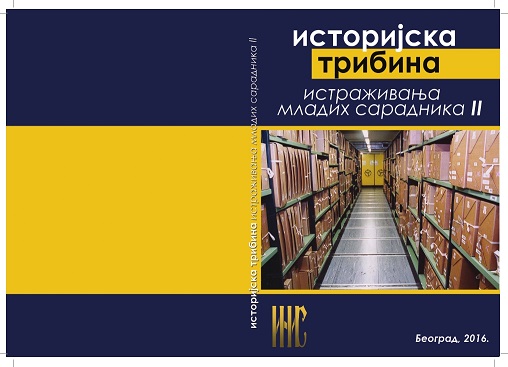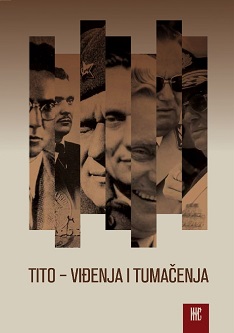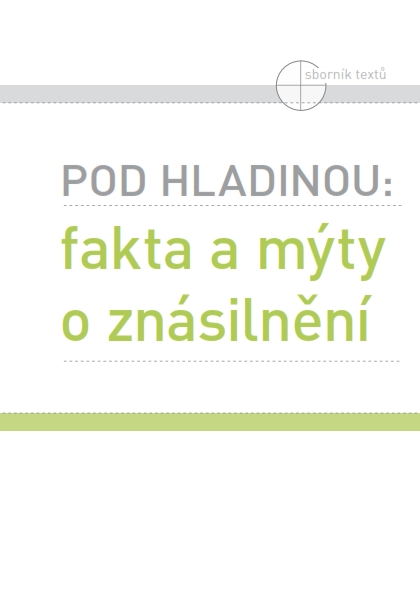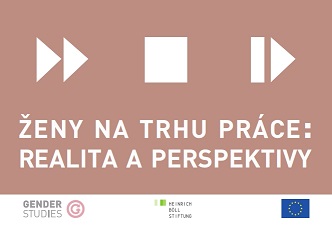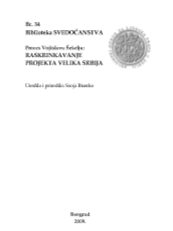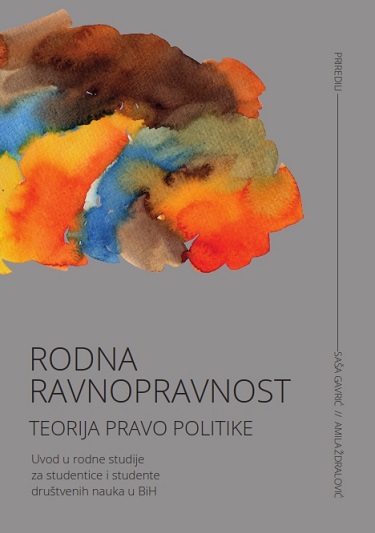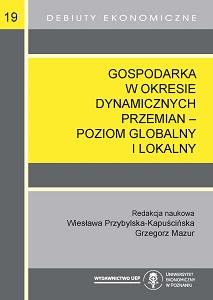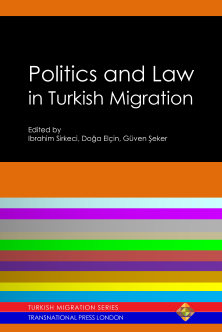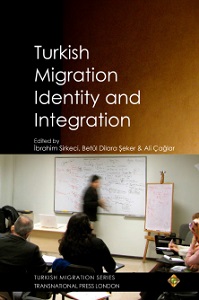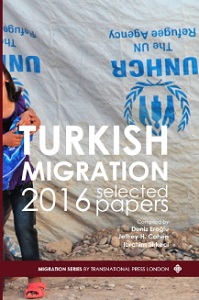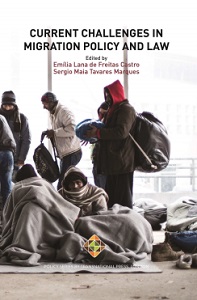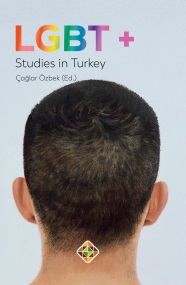Author(s): Author Not Specified / Language(s): Serbian
Publication Year: 0
Početak suđenja Vojislavu Šešelju u Haškom tribunalu (7. novembar 2007), u većini medija u Srbiji najavljivan je i iščekivan pre svega kao prvorazredni medijski događaj, spektakl, odličan performans u kome glavnu ulogu ima 'naš čovek" , uz to pravnik, i koji će, sasvim izvesno, uspešno da "privede pravdi" haške tužitelje. Šešelj je optužen za zločine nad Muslimanima i Hrvatima u Hrvatskoj, Vojvodini i BiH 1991-93, koji su počinjeni u okviru "zajedničkog zločinačkog poduhvata" čiji je cilj bilo trajno uklanjanje nesrba i stvaranje proširene srpske države. Adrenalin Šešelja, oslobođen nakon 4,5 godina iščekivanja suđenja i potom usmeren koliko na hašku sudnicu, toliko i na srpsku javnost, naišao je, sa retkim izuzecima, na dobrodošlicu medija u Srbiji koji su se (posebno tabloidi) nadmetali u variranju Šešeljevih "dosetki" i divljenju njegovoj "retorici". Suđenje Šešelju jeste, po svojoj prirodi, veliki medijski događaj i nije nerazumljivo što mu je dat veliki publicitet, ili što je na samom početku tog suđenja drugi program RTS-a bio najgledaniji (čak gledaniji od rialiti šoa "Veliki brat"), što su svi mediji zabeležili. Obaveza medija jeste da informiše javnost, ali je problem u tome što je izveštaje sa suđenja Šešelju, veliki deo štampe u Srbiji prenosila ili "ravno", bez objašnjenja i ograda od kvalifikacija koje je on iznosio na suđenju i bez podsećanja na ideologiju optuženog i njegove stranke (SRS), ili senzacionalistički, uz opremanje izveštaja tako da se sugeriše nadmoć Šešelja i inferiornost Tribunala. U domišljanju naslova, tabloidi su često koristili sportsku terminologiju u kojoj je Šešelj, naravno, pobednik.
More...


